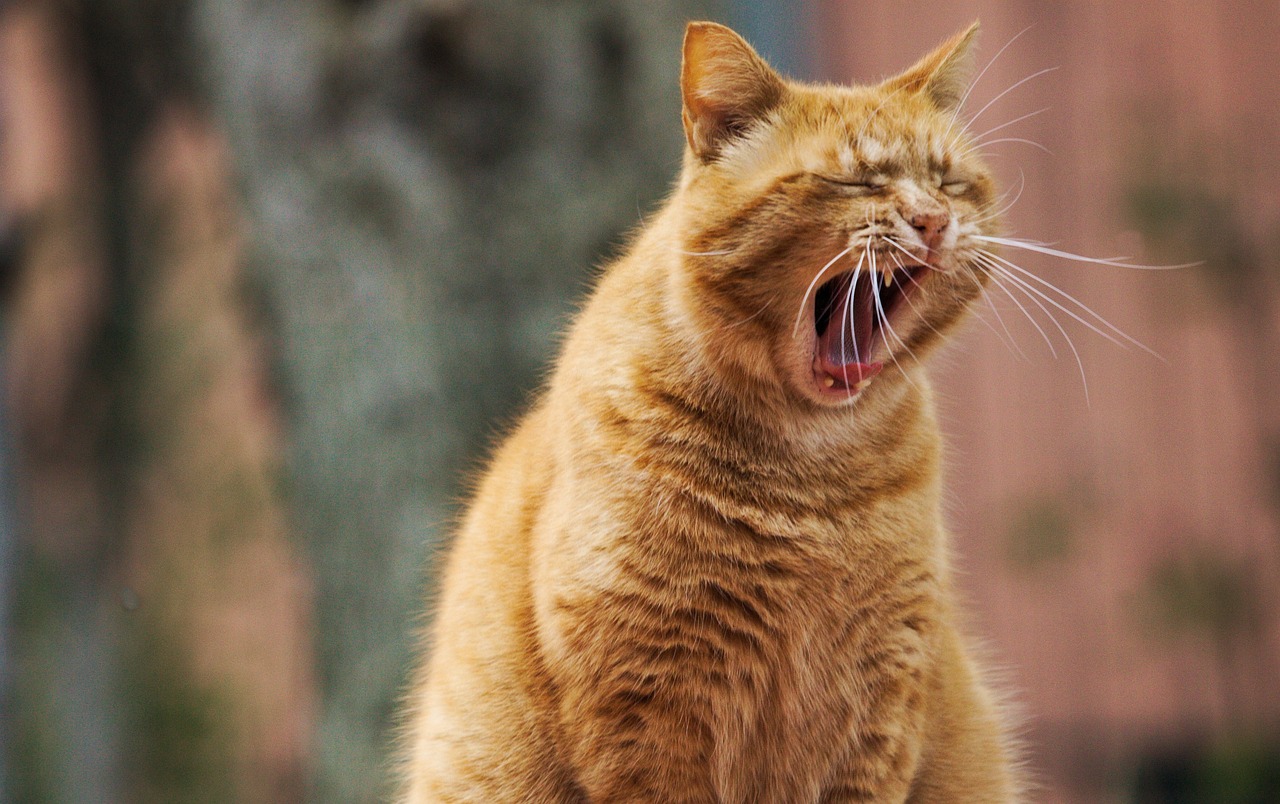
Kittens are undeniably adorable, but their playful nature can sometimes lead to behaviors that are less than endearing—like biting. While biting is a normal part of a kitten’s play and exploration, it can quickly become a problematic habit if not addressed early on. If you find yourself wincing at those tiny, sharp teeth, don’t worry. There are effective strategies to curb this behavior and foster a more harmonious relationship with your furry friend. In this article, we’ll explore six simple tricks to end kitten biting and help your little one grow into a well-mannered cat.
Understanding Why Kittens Bite
Why Do Kittens Bite?
Before you can effectively curb your kitten’s biting, it’s essential to understand why they do it. Kittens bite for various reasons, including:
- Exploration: Biting is a natural part of how kittens explore their environment and interact with their littermates.
- Playfulness: Kittens often bite during play as a way to mimic hunting behavior and engage with their surroundings.
- Teething: Just like human babies, kittens go through a teething phase, during which they may bite more to soothe their gums.
When Does Biting Become a Problem?
While biting is normal, it becomes problematic when:
- It’s Persistent: Continuous biting that doesn’t subside with age can indicate a behavioral issue.
- It’s Painful: If the bites are hard enough to cause pain or draw blood, it’s important to address the behavior immediately.
- It’s Aggressive: Biting that comes with signs of aggression, such as hissing or growling, needs to be managed carefully.
6 Simple Tricks to End Kitten Biting
1. Redirect Their Attention
Kittens have boundless energy and curiosity, and redirecting their focus can help mitigate biting:
- Use Toys: Provide a variety of interactive toys to keep your kitten engaged and satisfied. Wand toys, balls, and plush mice are great choices.
- Engage in Play: Spend time playing with your kitten to help them burn off excess energy and reduce the urge to bite.
2. Avoid Using Your Hands as Toys
Using your hands or feet as toys encourages biting behavior. Instead:
- Use Appropriate Toys: Always use designated toys for playtime. This helps your kitten learn what is acceptable to bite and what is not.
- Reinforce Positive Behavior: Praise and reward your kitten when they play with their toys instead of your hands or feet.
3. Implement Gentle Discipline
Teaching your kitten that biting is not acceptable can be done through gentle discipline:
- Use a Firm “No”: When your kitten bites, say “no” firmly but calmly. Avoid yelling or using harsh tones, as this can frighten your kitten.
- Pause Playtime: If your kitten bites, immediately stop playing. This helps them understand that biting results in the end of fun.
4. Provide Teething Relief
If your kitten is teething, provide relief to ease discomfort:
- Chew Toys: Offer specially designed teething toys that are safe for kittens to chew on.
- Cold Treats: Chilled toys or treats can soothe sore gums and provide a healthy alternative to biting.
5. Create a Calm Environment
A calm and structured environment can help reduce stress and biting behavior:
- Establish Routines: Consistent feeding, play, and sleep routines can make your kitten feel secure and less likely to bite out of anxiety.
- Provide Safe Spaces: Ensure your kitten has a quiet place to retreat to if they become overwhelmed or overstimulated.
6. Socialize Your Kitten
Proper socialization can help your kitten learn appropriate behaviors:
- Gradual Introductions: Introduce your kitten to new people, pets, and experiences gradually to help them adjust without resorting to biting.
- Positive Reinforcement: Reward your kitten with treats and praise for calm behavior during social interactions.
Conclusion
Ending kitten biting requires patience, understanding, and consistent application of the right techniques. By redirecting their attention, avoiding hand play, using gentle discipline, providing teething relief, creating a calm environment, and fostering proper socialization, you can effectively curb this behavior and nurture a well-adjusted, happy cat. Remember, kittens are in a learning phase, and with your guidance and care, they can grow out of biting and become affectionate companions.